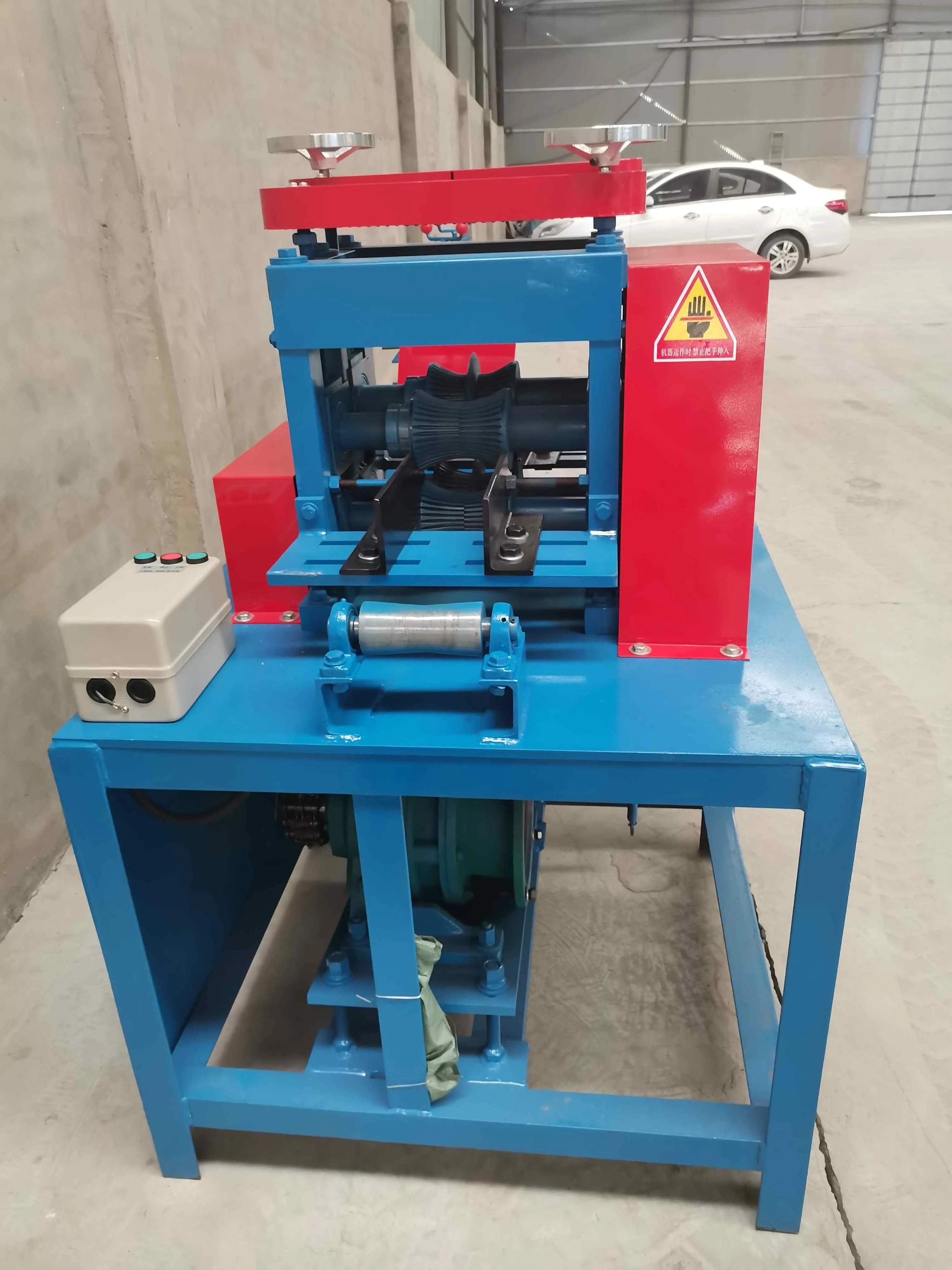

Aug . 11, 2024 12:46 Back to list
The Significance of Shredder Scrap Prices in the Recycling Industry
The recycling industry has become increasingly vital as the world confronts the pressing challenges of waste management and environmental sustainability. Within this sphere, shredder scrap prices play a crucial role, influencing not only the economics of recycling operations but also the broader environmental impact. Understanding the dynamics of shredder scrap prices can provide valuable insights into market trends, environmental policies, and the circular economy.
Shredder scrap refers to the materials produced after large-scale shredding of various waste products, such as cars, appliances, and electronic devices. When these items are shredded, they are broken down into smaller pieces, making it easier to sort and recycle valuable metals like aluminum, copper, and steel. The prices of these shredded materials are subject to market fluctuations, driven by a variety of factors, including demand from manufacturers, global commodity prices, and changes in regulations.
One of the most significant factors affecting shredder scrap prices is the demand from the manufacturing sector. When industries require raw materials for production, the demand for recycled metals increases, pushing prices up. Conversely, during economic downturns, demand often dwindles, leading to lower prices. This fluctuation can profoundly affect recycling businesses, which rely on stable prices to sustain operations and profitability.

Global commodity prices also play a critical role in shaping shredder scrap prices. The prices of new metals, like steel and aluminum, are often closely linked to the scrap market. When the cost of new materials rises, manufacturers may turn to recycling facilities to source cheaper alternative materials, increasing the demand for shredder scrap. On the other hand, when commodity prices fall, the incentive to recycle diminishes, leading to lower scrap prices. This relationship underscores the interconnectedness of the global economy and the recycling industry, highlighting how shifts in one sector can have far-reaching implications.
Additionally, changes in environmental policies and regulations can influence shredder scrap prices. Governments around the world are implementing stricter rules surrounding waste management and recycling. These policies may include incentives for recycling or penalties for waste disposal, which can create a more favorable environment for recycling operations. When regulations favor recyclables, the demand for shredder scrap can increase, subsequently raising prices. Conversely, if regulations become more stringent and discourage scrap processing, it may lead to decreased prices and limited market opportunities for recyclers.
The price of shredder scrap also reflects the broader concept of the circular economy. As society becomes more aware of the need to minimize waste and utilize resources efficiently, the importance of recycling and the maintenance of shredder scrap value becomes paramount. High shredder scrap prices can encourage innovation in recycling technologies and processes, leading to greater efficiency in material recovery. This cycle not only promotes sustainable practices but also supports economic growth by creating jobs within the recycling sector.
In conclusion, shredder scrap prices are a crucial indicator of the health and viability of the recycling industry. They are influenced by a multitude of factors, including demand from manufacturing, global commodity markets, and prevailing regulatory frameworks. Understanding these dynamics is essential for stakeholders within the recycling sector, as it allows them to adapt to market changes and innovate for the future. As we continue to strive for a more sustainable world, the role of shredder scrap prices in fostering a circular economy cannot be overstated. By recognizing the value of shredder scrap, we can move closer to an efficient and environmentally responsible approach to resource management.
Latest news
Troubleshooting Common Eddy Separator Problems
NewsJul.04,2025
The Role of Metal Recycling Plants in Circular Economy
NewsJul.04,2025
The Impact of Recycling Line Pickers on Waste Management Costs
NewsJul.04,2025
Safety Features Every Metal Shredder Should Have
NewsJul.04,2025
How Industrial Shredders Improve Waste Management Systems
NewsJul.04,2025
How Cable Granulators Contribute to Sustainable Recycling
NewsJul.04,2025